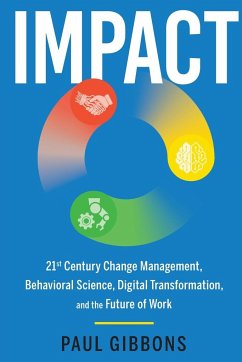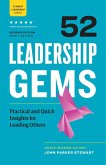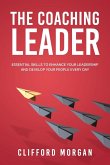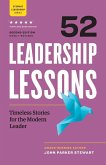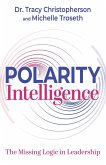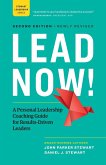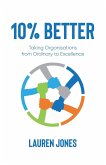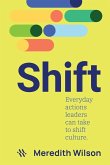Astute leaders know that upskilling, culture change, and mindset are critical ingredients for successful digital change - but do not know how to change those quickly enough to keep up with pace of technological change. That is because our 20th-century change models are not up to the challenge of 21st century digital transformation and the future of work - and that explains McKinsey's finding that only 25% of digital transformations succeed. In Impact, globally recognized culture change expert, Paul Gibbons gives leaders 21st-century change tools and models that are based on up-to-the-minute research in behavioral sciences, complexity theory, agile methods, information science, and more. Gibbons shows leaders that "the more technologically-enabled workplaces become (AI and robotics), paradoxically, the more important the "human" becomes - community, purpose, connection, empathy, relationships, and trust." He continues, "… central to the whole picture of changing how we change, of humanizing business, and of upskilling workforces, is leadership. In a world where advancing human capability is critical, leaders need to lead learning." Then, using that idea of leader as learner, Gibbons illustrates and how learning can happen faster and more efficiently through understanding the latest research and making appropriate use of 21st-century learning technology. Impact is about leading change, and about those "upgrades" to the human side of organizations, leading, learning, communicating, changing, collaborating, deciding, and engaging. As computers do more of our thinking for us, taking over many of our cognitive tasks, our "competitive advantage" is in the social domain. Crudely, we can outsource some of our thinking, but not much of our collaboration. The upside is liberation from cognitive drudgery; the challenge is to raise our game and to become better at what makes us distinctively human - the social, the collaborative, the creative, the visionary. Leaders will learn through case studies from leading business (such as Google and Microsoft) and insights from the latest "human sciences" which will show them that - "shared purpose is more important than traditional incentives; empathy, trust, and psychological safety beat old school methods of behavior change; behavioral science sometimes produces major results through small tweaks to the environment; constant engagement works better than town halls, workshops, and focus groups; and technology-enabled dialog with stakeholders works better than surveys do."
Hinweis: Dieser Artikel kann nur an eine deutsche Lieferadresse ausgeliefert werden.
Hinweis: Dieser Artikel kann nur an eine deutsche Lieferadresse ausgeliefert werden.

